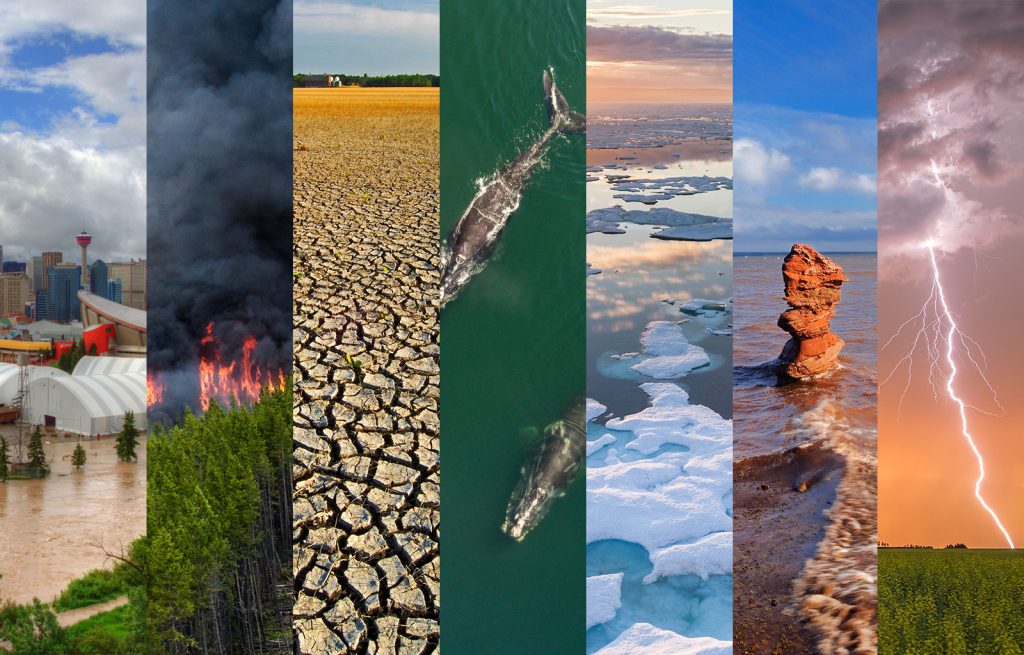Abuja Municipal Area Council (AMAC) has launched its Sustainable Energy Access and Climate Action Plan (SEACAP) as part of efforts to address the impacts of climate change.
Speaking during the launch of the plan in Abuja, Chairman of AMAC, Mr Christopher Maikalangu said that it had become necessary to build climate resilience, anticipate climate risks and hazards and ensure that low emissions that would foster development were encouraged.
He noted that the changing climate, which he said was different from what we had 10 years to 20 years ago, was affecting the way we live, adding that climate change was evident everywhere.
“Climate hazards such as floods, droughts, excessive rainfall, increasing temperatures, have increased in frequencies and intensities in many African cities and directly or indirectly impacted us all,” he said.
Read also: Three rescued, others missing as flood hits Lagos
He explained that the 2021 third assessment report of the World Meteorological Organisation and the United Nations Environment Programme, the WMO/UNEP Intergovernmental Panel on Climate Change, shows that the frequency and intensity of drought seem to have already worsened in some parts of Africa.
“Due to this, people who earn their livelihood from agriculture are not able to cultivate their crops when there is a flood or need to find alternative means of irrigation when there is a drought.
He noted that another concern was access to energy in Africa, as only over 40 per cent of the African population had access to electricity and about 17 per cent had access to clean cooking.
He maintained that access to energy was crucial to ensuring quality health and education which are relevant for creating economic and employment opportunities.
Story was adapted from Environ News Nigeria.
